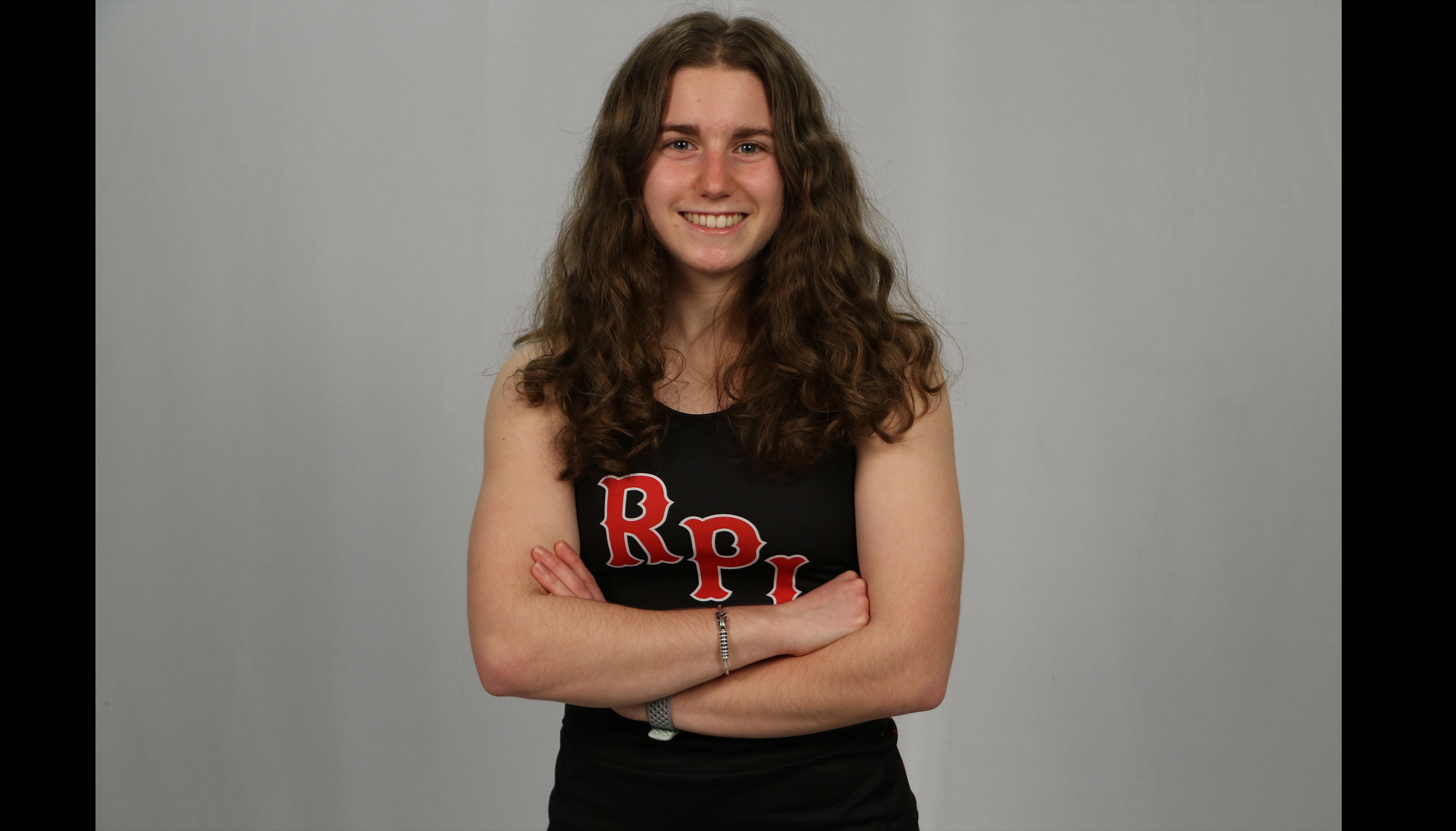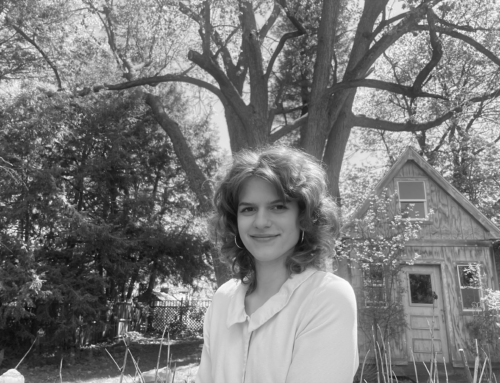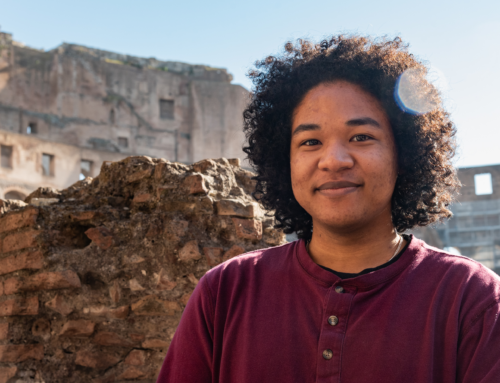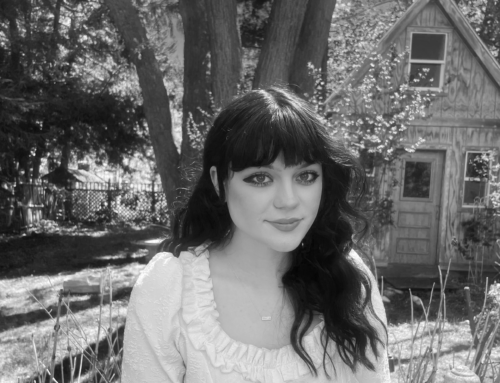Kathryn Morin grew up in a small tight-knit community near Burlington, Vermont, where everyone helped everyone else. Her mother was an emergency physician, and Morin says she was inspired by her mom’s example.
This spring, she will graduate with a Bachelor of Science degree in biomedical engineering, and a minor in computer science. Biomedical engineers work in the nexus between biology, medicine, and engineering, developing solutions to health problems through new technology.
“I definitely saw my mom and liked the health care field,” she said. However, the stress of emergency medicine coupled with night shifts made her decide that she would approach the field differently.
Biomedical engineering, where she could design and evaluate new technologies for diagnosis, treatment, and recovery, seemed like the perfect path to take.
When it came time to pick a college, Rensselaer Polytechnic Institute was a great fit. “RPI is a well-known engineering school and they have one of the oldest biomedical engineering programs in the country,” Morin said. Rensselaer also boasted a strong athletics program and was close to home. “At least for my undergrad years, it was nice to be really close because if I ever needed anything, I could go home or my parents could come to me.”
At Rensselaer, she was able to get a rigorous education in science and engineering science, with an emphasis placed on quantitative analysis. Computer-based technology, including simulation and computational modeling, was central to her studies. During her internships with University of Vermont (UVM) Cancer Center and Regeneron, she gained hands-on experience in this new field. At UVM, she worked in molecular mechanisms of malignancy in the translational research laboratory addressing melanoma and leukemia.
For her melanoma research, she was part of a team examining cells that were resistant to treatment. They tested whether physical differences in these cells might be to blame, and tried to determine whether that would have any import for drug-resistant cancer treatments. She also conducted leukemia research where she examined large data sets to investigate the expression of one gene, and how it was tied to cancer prognosis. Morin discovered she had a knack for using statistical analyses to uncover patterns in the data. “I absolutely loved it, and that is why I want to pursue a career in bioinformatics,” she said.
Morin has been a member of the track team since she started at Rensselaer. The sport has been demanding, with practices and meets taking up a lot of her time, but Morin says it’s also helped her with her time management skills. “I know I have classes here, I have practice here, and I need to do my work at a certain time or it won’t get done. It just helps me figure everything out in my head.” Morin said the team itself has also been a positive influence. “I have a lot of friends on the team and I definitely enjoy spending that time with them,” she said. “If I’m really stressed about school, I know I’m going to practice, where I can do something I enjoy.” The fact is, track keeps Morin on track.
This August, she will begin her Master of Science in bioinformatics at Georgia Institute of Technology, so that she can continue being part of driving new medical discoveries through data.




